
Alibaba.com offers a diverse range of coffee destoners designed to meet various industrial and agricultural needs. These machines are essential for removing stones and impurities from coffee beans, ensuring the purity of the coffee for roasters and consumers alike. The selection includes gravity destoners capable of processing up to 5 tons per hour, which are suitable for large-scale operations. For smaller batches, options are available that handle between 6kg to 600kg per batch, catering to businesses of all sizes.
The coffee destoners on the platform are versatile, with some models being suitable for a variety of grains, including rice, sesame seeds, and even chia seeds, offering a multifunctional solution for businesses that deal with multiple products. The machines come in different capacities and configurations, such as the TQSF series, which is adept at cleaning not just coffee but also paddy rice and sesame seeds. Additionally, there are specialized destoners made from durable materials like stainless steel, ensuring longevity and compliance with food safety standards.
Innovations in destoning technology are also present, with magnetic destoners that provide an additional layer of purification by using magnetic fields to remove metallic impurities. These machines are available in various sizes, from mini desktop models to larger, industrial-sized machines. The variety of coffee destoners on Alibaba.com is designed to enhance the efficiency of coffee processing, from home-use models to fully automatic systems for commercial use, ensuring that there is a destoning solution for every requirement.
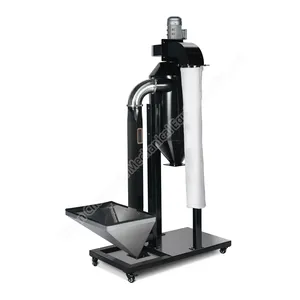











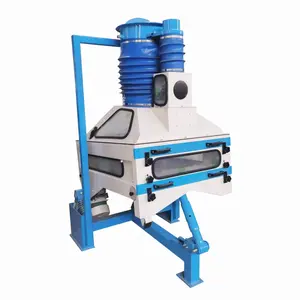

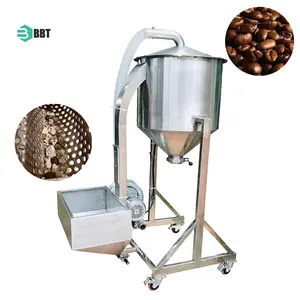



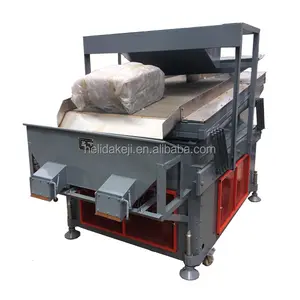




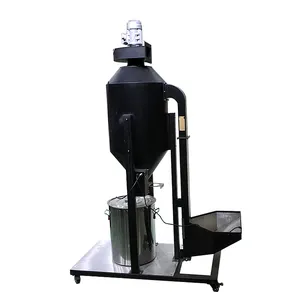












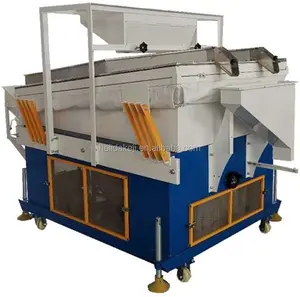


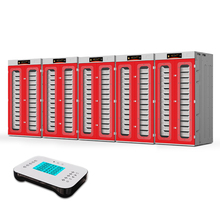
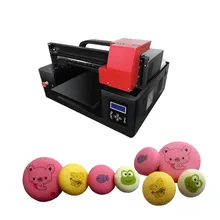



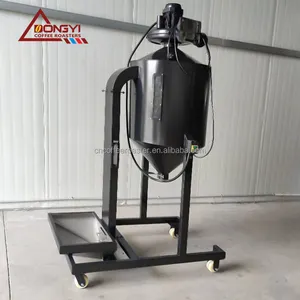





























 浙公网安备 33010002000092号
浙公网安备 33010002000092号 浙B2-20120091-4
浙B2-20120091-4